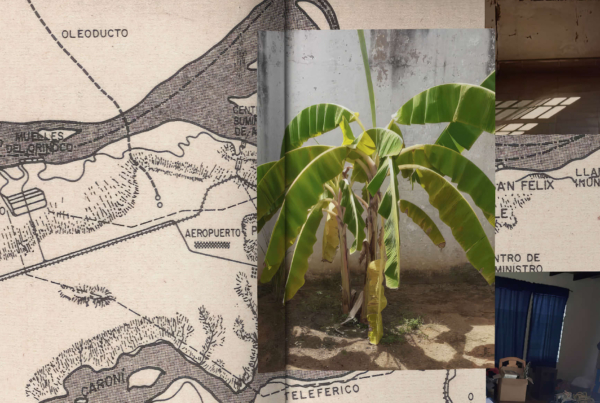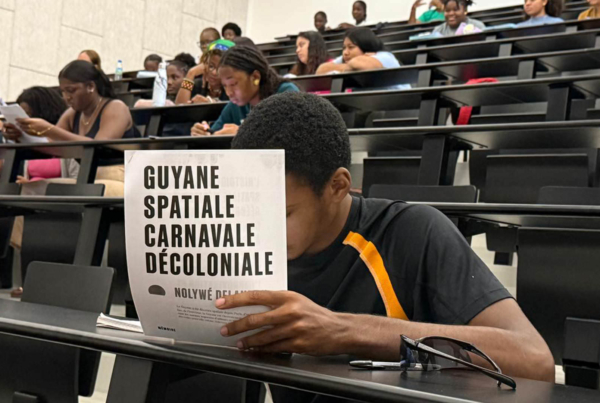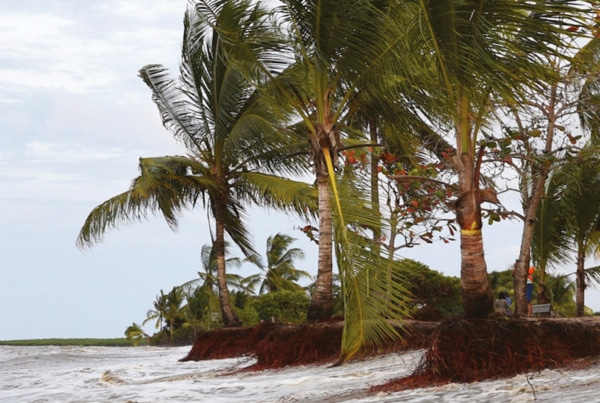
As part of the Thursday lectures organised by the MINEA laboratory and the Culture Commission of the University of Guyana, Mylène DANGLADES will give a talk entitled "Retour de Guyane by Léon Gontran Damas and Cahier d'un retour au pays natal by Aimé Césaire. Le paysage de villes en souffrance ou la transformation du monde par la parole". It will take place on Thursday 25 March at 6.30pm in Amphithéâtre A. Masks must be worn.
L t the heart of our societies, literature is both an art and a language, or by association an art of language. Literature therefore applies equally to theology, philosophy and science, and tends to circumscribe various aspects of existence. Discussing literature is perfectly conceivable, but "to measure what is at stake in writing," wrote Robert Escarpit, "we need to understand what reading is, how we receive the written message. This is a truly scientific approach". The writer immerses himself in "communicological" literature and invites intellectuals, teachers and many others to consider the transformation of the world through the spoken word.
Aimé Césaire and Léon Gontran Damas, authors from French Guiana and Martinique, have built bridges that invite us to stretch out our ropes. They invite us, in a universe that is mentally and spatially localised, to consider belonging to a people, to a region or to a wider whole, to be encompassed by History and any form of rebirth or survival.
The essayist Léon Gontran Damas wrote Back from French Guiana (1938) and the poet Aimé Césaire in A Notebook on a Return to the Homeland (1939), both emerging voices from the black diaspora, use their pens to explore the infinite spaces of their "land of suffering". By exposing facts and communicating data, these authors tend to crush spaces and words, violating language to signify their rejection of the West and its values of reason.
Mylène DANGLADES is a lecturer in regional cultures and languages in the Department of Training and Research in Humanities at the University of Guyana. A lecturer and researcher attached to the MINEA - EA-7485 Laboratory (Migration, Interculturality and Education in Amazonia), she is immersed in the Caribbean, on the Guyana Plateau, and her research focuses on French-language literature, the quest for identity by the landlocked and colonised, heritage issues, and evil in the insular, colonial or post-colonial sphere.




